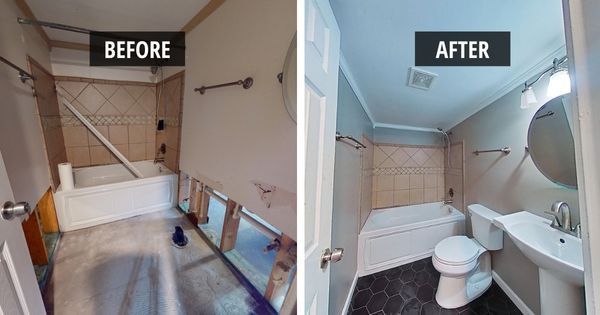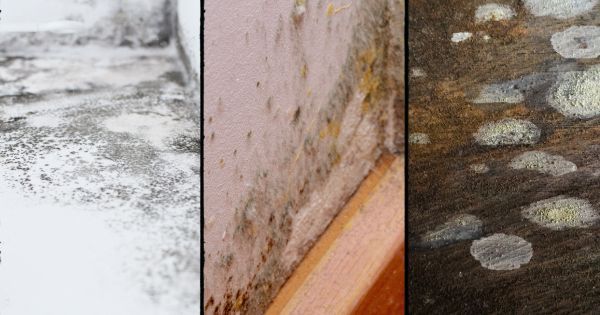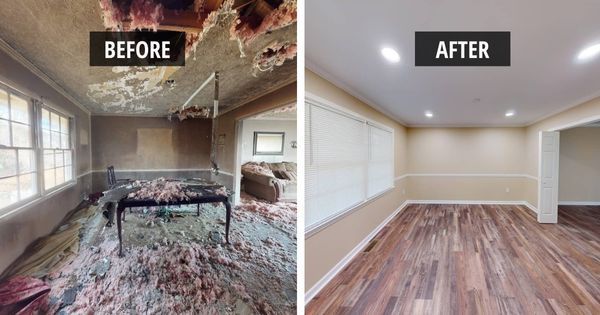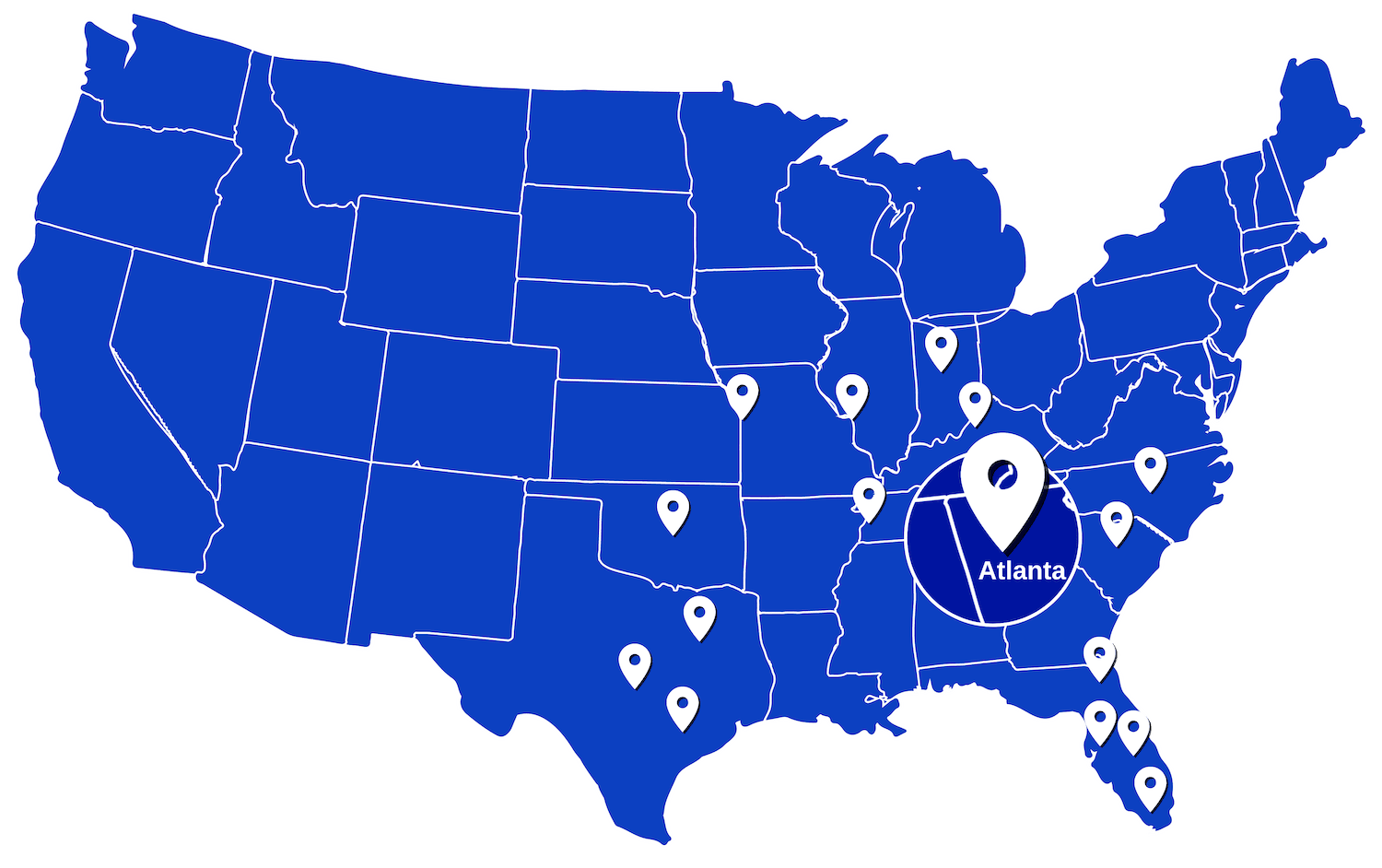5 Star Rating ★ ★ ★ ★ ★
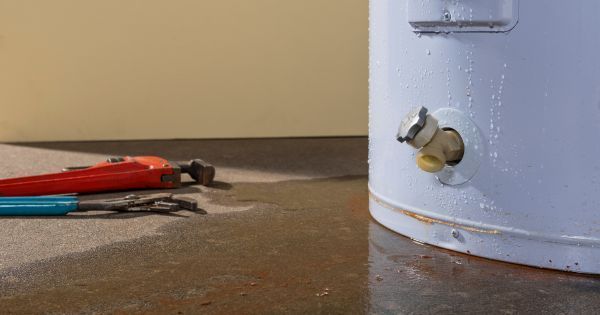
Water Damage from Water Heaters: How to Manage It?
Water heaters are important appliances in our homes, providing warm showers and hot water for different purposes. However, they can also be a source of unexpected trouble if not properly maintained. If left unchecked, water damage from water heaters can lead to costly repairs and potential health hazards. In this article, we'll explore the causes of this type of water damage and provide practical tips on how to manage it. Plus, if you need a company dealing with water damage restoration Atlanta, we’ve got you covered.
What Are the Causes of Water Heater Water Damage?
Water damage from water heaters can occur due to different reasons. One common cause is water heater leaks, which can stem from deteriorating components, loose connections, or corrosion. Pressure regulator issues can also contribute to water damage by causing fluctuations in water pressure, leading to leaks or bursts in the system. In severe cases, water heater flooding from a malfunctioning device can result in significant property damage. Identifying these potential causes is crucial for preventing water damage in your home.
Signs of Water Damage from Water Heaters
Recognizing the signs of water damage early can help homeowners take action to tackle the issue on time. Look out for:
Water Stains Around the Water Heater: Look for water stains or discoloration on the floor or walls near the water heater. These stains may signal previous water heater water leaks or ongoing water damage from the unit.- Musty Smells Near the Water Heater: Pay attention to musty or moldy smells from the area around the water heater. These odors could indicate mold or mildew growth from water leakage or excess moisture.
- Visible Damage to the Water Heater Unit: Inspect the water heater for any visible signs of damage, such as rust, corrosion, or pooling water around the base. These signs suggest potential issues with the water heater that may lead to water damage if not tackled quickly.
Immediate Steps to Take
When you discover water damage from a water heater, you need to take immediate action to minimize the extent of the damage. These are the steps you can follow:
- Shut off the Water Supply: Locate the shut-off valve connected to your water heater and turn it off immediately to stop the flow of water into the unit.
- Disconnect Power: For electric water heaters, switch off the power at the circuit breaker. For gas water heaters, turn off the gas supply valve and then turn off the power.
- Remove Standing Water: Use towels, mops, or a wet vacuum to remove any standing water around the water heater and in the affected area. The quicker you remove the water, the less damage it can cause.
- Inspect Components: Carefully examine the following components for any signs of damage or leakage:
- Water Supply Lines: Check the water supply lines connected to the water heater for leaks, cracks, or loose connections.
- Water Heater Nipples: Inspect the nipples on the water heater for any signs of corrosion, leaks, or damage.
- Temperature and Pressure Release Valve: Look at the temperature and pressure release valve to ensure it is functioning properly and not leaking.
- Tackle Visible Issues: If you notice any damage or leaks during your inspection, take immediate action to fix them. Tighten loose connections if possible, or temporarily patch any leaks to prevent further water damage.
- Monitor the Area: Keep an eye on the affected area to ensure that no additional water is leaking and that the situation remains under control. If you notice any worsening of the damage or new leaks, take further action as needed.
How to Fix a Water Heater Leak
Depending on the severity of the leak, homeowners may be able to fix water heater leaks themselves or may need to search for the help of professionals. Common solutions include tightening loose connections, replacing damaged pipes or fittings, or repairing the water heater itself. If you're unsure how to move on, it's best to consult with a qualified professional to ensure the problem is taken care of correctly.
Dealing with Water Underneath the Water Heater
Pooling water underneath water heater can bring about additional challenges since it can lead to corrosion or mold growth if not properly managed. To tackle this issue, you can:
- Remove Excess Water: Use a wet vacuum or mop to remove excess water.
- Ensure Proper Drainage: Install a drip pan or raise the water heater on blocks to allow for better drainage.
- Inspect Regularly:
Regular inspections can also help identify and repair any potential issues before they escalate.
Preventive Maintenance Tips
To avoid future water damage from water heaters, homeowners should prioritize preventive maintenance. This includes the following:
- Schedule Regular Inspections: Regularly inspect the water heater and its components for signs of wear, damage, or leaks.
- Fast Replacement of Worn Parts: Replace worn or damaged parts of the water heater promptly to prevent potential leaks or malfunctions.
- Install a Pressure Regulator: Install a pressure regulator to stabilize water pressure and prevent excessive pressure that can lead to leaks or damage.
Taking these proactive measures can help extend the lifespan of your water heater and minimize the risk of water damage.
When to Seek Professional Help
While you can use DIY solutions for some water heater issues, there are times when professional intervention is necessary. If you're unable to identify or fix the source of the water damage, or if the damage is extensive, it's best to contact a reputable water damage restoration company for assistance. They have the expertise and equipment to assess the situation thoroughly and set effective solutions in motion to restore your home.
Contact The Homestar Group for Expert
If you're dealing with water damage in Atlanta,
The Homestar Group is here to help. Our experienced team specializes in water damage restoration and can assist you in minimizing the consequences of water damage from water heaters in no time. Don't hesitate to reach out for professional assistance to protect your home and belongings. Just give us a call at (678) 928-5377 or
reach us through our website.
SERVICE AREAS
Our Service Area in Atlanta, Georgia
As a local, family-owned company, we are committed to keeping your family safe from any problems you may have. We provide a full line of damage restoration services to all in the following areas:
See our full US service area by clicking here
Need Help With Disaster Restoration?
GET A FREE QUOTE TODAY
We are IICRC certified and hire only the most trustworthy and dedicated team members to ensure that each job is taken seriously and handled with absolute professionalism.

